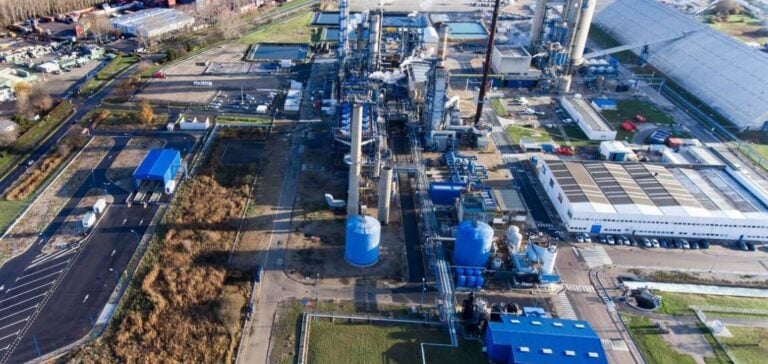Yara International, world leader in fertilizers, has just taken a key step in the decarbonization of its food value chain. The company today inaugurated its new 24-megawatt (MW) renewable hydrogen plant in Porsgrunn, Norway, the largest currently in operation in Europe.
A historic milestone for Yara
The plant uses water electrolysis and renewable energy to produce green hydrogen, eliminating 41,000 tonnes of CO2 emissions per year on site. According to Yara CEO Svein Tore Holsether, “This is a major milestone for Yara and for the decarbonization of the food value chain, marine fuels and other energy-intensive industries.”
First deliveries of low-carbon fertilizers
Yara has already begun delivering the first tonnes of fertilizer made from the renewable ammonia produced at the new site. These low-carbon footprint fertilizers will be marketed under the new “Yara Climate Choice” range, and will benefit crops while reducing climate impact.
A multi-faceted transition
Alongside green hydrogen, Yara is also focusing on carbon capture and storage to produce low-carbon ammonia. The company recently signed an agreement to reduce emissions by 800,000 tonnes a year at its ammonia production site in the Netherlands, and is evaluating similar projects in the United States. “The green transition requires massive investment, a predictable framework, renewable energy deployment and continuous technological advances,” stressed Mr. Holsether, adding that Yara is well positioned to deliver decarbonized solutions quickly and on a large scale.
With a pioneering green hydrogen plant and ongoing carbon capture projects, Yara is leading the way towards more sustainable food production, while reaffirming its commitment to feeding the world and protecting the planet.






















